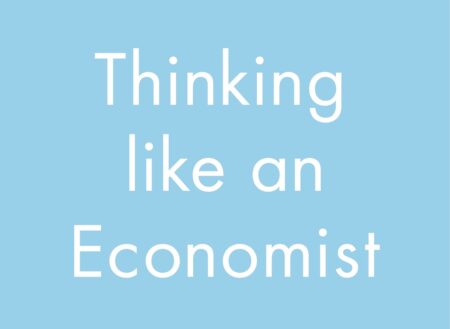
Is Anyone Afraid of Breaking The Price-Fixing Laws Anymore?
The DOJ’s price-fixing suit against RealPage, which has uncovered brazen collusion among competing landlords across the United States, is a welcome departure from decades of hands-off antitrust enforcement. Yet with prices going up in industry after industry, and so few price-fixing cases brought in recent years, it appears many businesses have determined that the risk of collusion is worth the reward.




